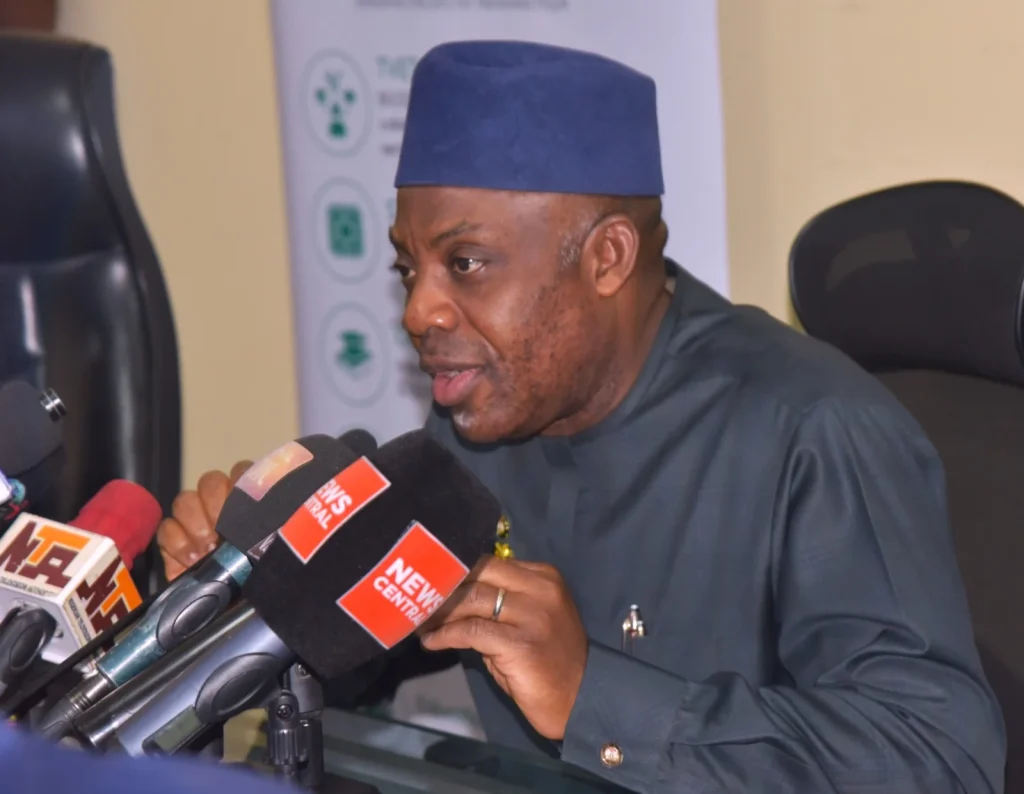The Federal Ministry of Education in Nigeria has announced a major reform, removing the mandatory mathematics credit requirement for senior secondary school students in arts and humanities seeking admission into universities and polytechnics.
This change, effective for exams conducted by the West African Examination Council and National Examination Council, aims to broaden access to higher education.
New Admission Guidelines
For years, all students, regardless of their field of study, needed five credits, including mathematics and English, to qualify for tertiary institutions.
The revised National Guidelines for Entry Requirements now tailor requirements to specific disciplines, removing barriers while upholding academic standards.
The updated rules apply to universities, polytechnics, colleges of education, and Innovation Enterprise Academies as follows:
- Universities: Five credit passes in relevant subjects, including English, in up to two sittings. Mathematics is required only for science, technology, and social science programs.
- Polytechnics (ND Level): Four credit passes in relevant subjects, with English mandatory for non-science courses and mathematics for science-related programs.
- Polytechnics (HND Level): Five credit passes, including English and mathematics, in relevant subjects.
- Colleges of Education (NCE Level): Four credit passes, with English required for arts and social science courses, and mathematics for science, vocational, and technical programs.
Folasade Boriowo, the ministry’s spokesperson, emphasized that these changes aim to make education more accessible without compromising quality.
Expanding Access to Higher Education
The reform addresses Nigeria’s long-standing issue of limited tertiary admission slots. Annually, over two million candidates take the Unified Tertiary Matriculation Examination (UTME), but only about 700,000 secure admission due to restrictive entry rules.
The new policy targets an increase to one million admissions yearly, creating opportunities for an additional 250,000 to 300,000 students.
Education Minister Dr. Tunji Alausa described the overhaul as a deliberate step to ensure fairness.
“Many qualified candidates miss out due to outdated requirements,” he said. “This reform reflects our commitment to giving every Nigerian youth a chance to succeed, aligning with the Renewed Hope Agenda.”
Positive Reactions to the Change
Education experts have welcomed the policy. Analyst Ayodamola Oluwatoyin called it a “game-changer” that will ease the admission process for arts and humanities students.
“This opens doors for thousands who excel in their fields but struggle with mathematics,” she said.
The reform is expected to encourage more students to pursue higher education in disciplines that match their strengths.
A Step Toward Inclusive Education
By tailoring requirements to specific academic paths, Nigeria aims to create a more inclusive education system. The removal of the mathematics barrier for arts students is seen as a progressive move to support diverse talents.
As the policy takes effect, the ministry anticipates a significant boost in tertiary enrollment, fostering a new era of opportunity for Nigerian youth.
READ ALSO




















